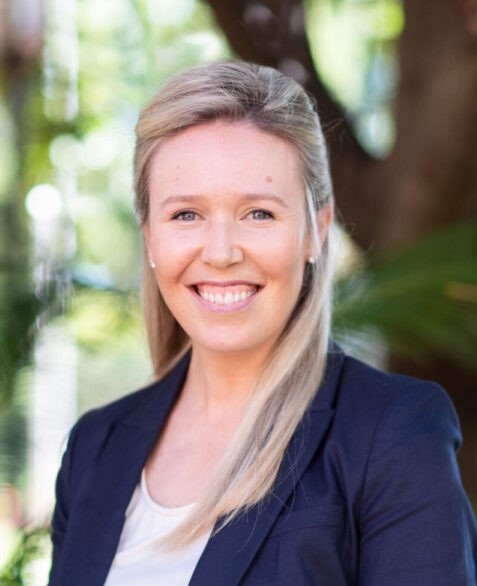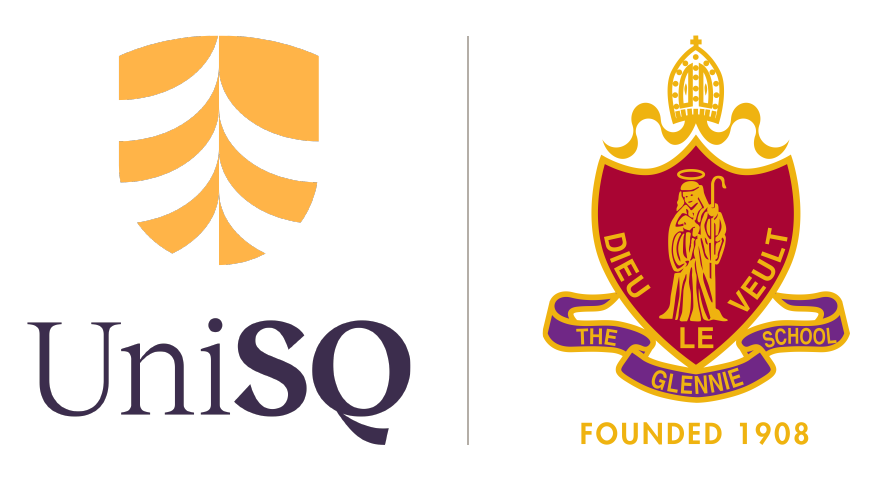This resource was developed through a research collaboration between UniSQ researchers, the UniSQ Academic Integrity Unit and teaching staff at Glennie School, who expressed a desire to innovate in the area of Academic Integrity. The school leadership wished to be responsive to the rapidly developing impacts of Large Language Model AI software and other technologies being integrated into Microsoft Office, Google Docs or search engines which were visibly impacting student assessments. In order to develop policy, procedure and support resources for a productive, workable approach to academic integrity, the research team approached the project using a Design-Based Research (DBR) methodology.
DBR is a respected action-oriented methodology that has both a practical and theoretical focus (Reeves et al., 2011). In response to a problem, DBR researchers develop a “design solution”, which is then iteratively trialled and refined in a specific context to ensure it’s fit for purpose, while also identifying theoretical principles that can guide future action (Mintrop, 2020). The initial research consultation and data collection at The Glennie School identified policy and practice needs. This led to the establishment of a framework for addressing challenges to academic integrity, the creation of applicable policies and procedures, and further support through resources and training pathways. A draft solution was collaboratively developed with school leadership and participating teaching staff, and the resultant resources iteratively trialled and refined with the wider school.
This resource represents one of the project’s outcomes: a collection of support resources for schools in supporting academic integrity through proactive teaching, tools for detection, and access to example policies. It is the hope of the UniSQ and Glennie team that other schools who wish to meet the demands of academic integrity in an era of AI find them useful!
References
Mintrop, R. (2020). Design-based school improvement: A practical guide for education leaders. Harvard Education Press.
Reeves, T. C., McKenney, S., & Herrington, J. (2011). Publishing and perishing: The critical importance of educational design research. Australasian Journal of Educational Technology, 27(1), 55-65. https://doi.org/10.1080/03075079.2015.1058351








